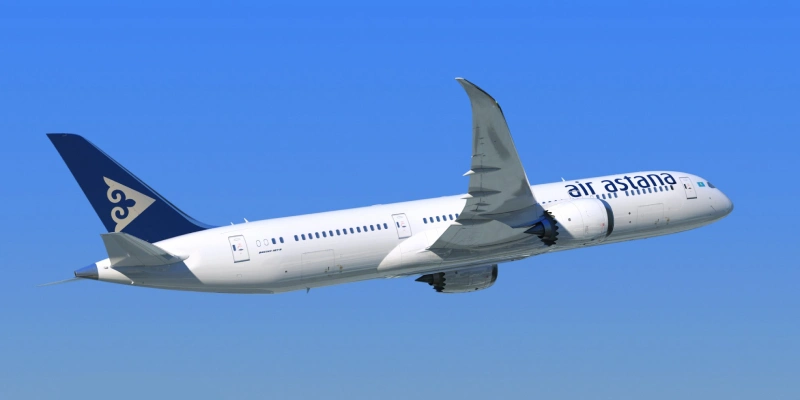Airbus, the world’s largest aircraft manufacturer, released its first-quarter 2025 results on Wednesday. The company reported an 8% increase in adjusted operating profit, reaching €624 million ($707 million), while revenue grew by 6% to €13.54 billion.
The figures surpassed analysts’ expectations, which had projected an average adjusted operating profit of €602 million and revenue of €12.95 billion, according to consensus data compiled by the company.
A key driver was the strong performance of its defense division, which offset a decline in commercial aircraft deliveries. Additionally, Airbus reported significantly lower cash burn than anticipated, reinforcing market confidence in its financial stability.
Targets Intact but Cautious Outlook
Airbus reaffirmed its annual goals, including delivering 820 aircraft this year—up from 766 units in 2024. However, it warned that most deliveries would occur in the second half of the year due to persistent supply chain issues.
The group maintained its 2025 adjusted operating profit forecast of €7 billion. This metric, commonly used by Airbus, excludes impacts from restructuring, currency fluctuations, and other extraordinary items.
→ Wizz Air UK Delays Entry into Service of Airbus A321XLR Again
Spirit AeroSystems and Production Impact
On Monday, Airbus finalized an agreement to take over part of the facilities of Spirit AeroSystems, a U.S.-based aerostructures supplier. However, the company acknowledged that Spirit’s operational challenges continue to hinder production increases for the A320 and A350 models.
Despite this, Airbus did not adjust its aircraft production forecasts and remains firm on its 2025 financial outlook, though it clarified that the latter does not account for potential effects of the ongoing tariff war.
Trade Tensions: A Warning of a “No-Winners” War
Guillaume Faury, CEO of Airbus, emphasized the need to swiftly return to the 1979 treaty among 33 countries that has guaranteed free trade in aircraft and parts for decades. The current tariff escalation, initiated by former U.S. President Donald Trump, has jeopardized this agreement, and the European Union is preparing retaliatory measures if no negotiated solution is reached.
Although Airbus has not been directly affected by U.S.-China tariffs—thanks to its assembly plant near Beijing—Faury stressed that the company would maintain its operations in both China and the U.S.
When asked about covering tariff costs for U.S. airlines receiving aircraft directly from Europe, Faury was clear: Airbus would not absorb these expenses. This led Delta Air Lines, according to CEO Ed Bastian, to consider delaying new aircraft deliveries to avoid tariff payments.
Defense: Optimism for the A400M
In the defense sector, Airbus struck a more optimistic tone regarding the future of the A400M military aircraft. The company stated it is in “constructive” talks with buyer nations to revive production.
The A400M program has faced delays, partial cancellations by European countries, and limited export demand. The current order line is expected to run out by 2028, but industry sources suggest rising military spending in Europe could renew interest, particularly in countries like France and Spain.
However, Airbus took new charges of €105 million related to the ongoing restructuring of its Defence and Space division.
Related Topics
FAA Issues Airworthiness Directive for Boeing 737 MAX Due to Risk of Excessive Cabin Temperatures
FAA and EASA Grant Initial Certification to Boeing 777-9 Simulators, Enabling Pre-Training Phase for Pilots
Vietnamese Airlines Sign Agreements for 90 Boeing Aircraft
Air Astana Finalizes Largest Order in Its History: Up to 15 Boeing 787 Jets

Plataforma Informativa de Aviación Comercial con 13 años de trayectoria.




